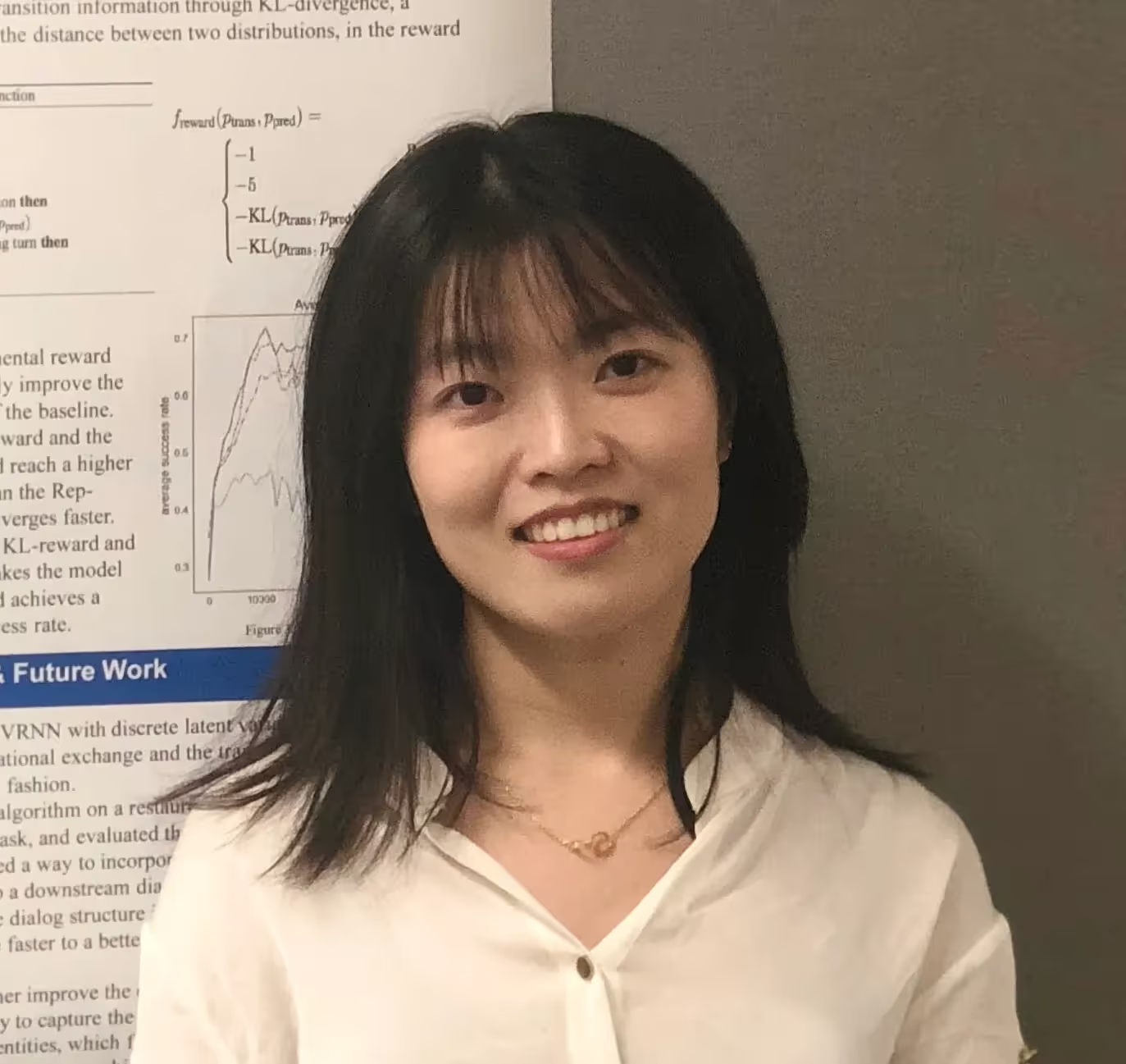Annika Marie Schoene, a research scientist at our Institute, presented her virtual Expeditions in Experiential AI Seminar "Responsible AI for Suicide Prevention" on Wednesday, June 12, 2024.
Abstract
Suicide remains one of the leading causes of death for people aged under 34 worldwide. While the numbers have started to decline in some countries, they continue to rise in the USA. Pre-existing mental health conditions are often cited as the main contributing factor to suicide risk. However, recent research has found that non-clinical factors, such as a person’s social, economic, political and physical circumstances (known as social determinants of health) are also significant contributors and are a driving force behind adverse health outcomes and inequalities. At the same time, recent years have seen a rise in the development of AI tools for detecting suicidal ideation and intent for suicide prevention. These technologies are wide ranging, from language models used in chatbot applications for therapy or triaging to clinical models that are used to predict suicide risk.
In this talk, Annika gives an overview of how AI has been used in suicide research in the past. More concretely, she highlights current approaches to extracting social determinants of health for suicide using NLP. She also explains how these approaches can be used to better understand non-clinical factors that drive mental health inequalities. Finally, she discusses ethical concerns and considerations that should be taken into account when using AI for suicide prevention.
Flip through Annika's slides here:
Bio

Annika Marie Schoene is a research scientist at the Institute for Experiential AI in the Responsible AI Practice. Annika holds an Honorary Faculty Fellow position at the Institute for Health Equity and Social Justice Research and is a Visiting Scientist at Maine Health. Her current work investigates how social, economic, political and physical factors are driving forces behind health inequalities using AI. More specifically, she focuses on social determinants of mental health using NLP and their impact on onset and progression of mental health conditions, especially suicidal ideation and substance use disorders.
Before joining EAI she was a postdoctoral fellow at the University of Manchester in the National Centre for Text Mining (NaCTeM), where she worked on NLP for mental health and Named Entity Recognition for both textual social media data as well as health science. Annika holds a PhD in Computer Science from the University of Hull (UK) and as a graduate student she has worked on (i) accurate classification of sentiment / emotion in textual social media data and (ii) detecting suicide notes / suicidal ideation in textual data using her deep learning, machine learning and linguistic knowledge.
Keynote and Industry Speakers
Northeastern University Speakers
Agenda









.avif)







%20circ.avif)
Attendee Testimonials


































.avif)
.avif)

.avif)













-p-800.avif)



























.avif)





